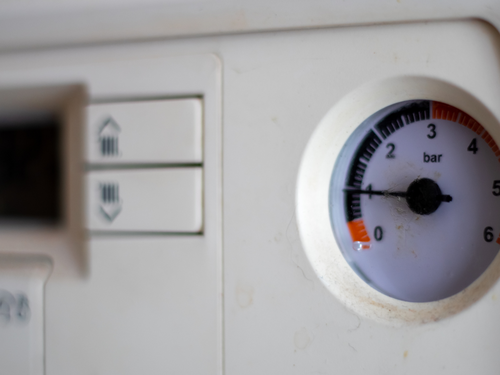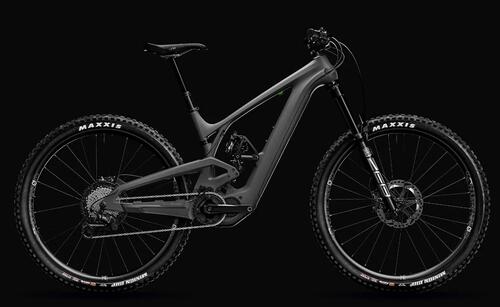When it comes to heating your home, choosing the right boiler is crucial. Not only does it affect the comfort of your living space, but it also plays a significant role in your energy consumption and utility costs. Given the many choices on the market, deciding which type of boiler best meets your home’s unique requirements can be challenging.
To help you through the decision-making process, check out https://www.plumbtechmt.com/types-of-boilers-for-homes/.
Before diving into specific types of boilers, it’s essential to understand how they work and what factors should be considered when selecting one for your home.
How boilers work
A boiler is a heating device that uses water to transfer heat throughout your home. The process begins with a fuel source, such as natural gas or oil, igniting and heating the water inside the boiler’s tank. This heated water then circulates through pipes and radiators to provide warmth in different areas of your house.
Having established a basic understanding of how boilers work, let’s examine the different types available on the market:
1. Conventional boilers
Often referred to as regular or traditional boilers, these are among the most common types in older homes. They have a large storage tank for hot water and require separate tanks for cold water storage and expansion. Conventional boilers are ideal for homes with high hot water demands and multiple bathrooms.
2. System boilers
Like conventional boilers, system boilers also have a storage tank for hot water. However, they do not require separate tanks for cold water storage and expansion. This makes them a more compact option, ideal for homes with limited space. Additionally, system boilers have built-in controls, making installation and maintenance easier.
3. Combi boilers
Combi or combination boilers are the most widely used type of boiler in modern homes. These units do not have a storage tank, and heat water is heated directly from the main supply whenever needed. This eliminates the need to store hot water, making it a space-saving and energy-efficient option. Combi boilers are best suited for smaller homes with low hot water demands.
4. Condensing boilers
Condensing boilers are a more advanced version of conventional or system boilers. They use a larger heat exchanger to recover heat from the flue gases, making them highly efficient. This means they can achieve up to 99% efficiency compared to around 80% for non-condensing boilers. While condensing boilers may come at a higher initial cost, they can save you money in the long run through lower utility bills.
Now that we have discussed the different types of boilers, let’s look at some key factors to consider when selecting the best one for your home:
- Energy efficiency: As mentioned earlier, condensing boilers are the most energy-efficient option. However, they may be more expensive upfront. It’s essential to consider the upfront expense in relation to the potential long-term savings on utility bills.
- Hot water demand: Conventional or system boilers may be better suited for your needs if you have a large household with multiple bathrooms and high hot water usage. Combi boilers are more suitable for smaller families with lower hot water demands.
- Space availability: If space is limited in your home, consider opting for a combi or system boiler instead of a conventional one. This will save space by eliminating the need for additional tanks. However, if you have ample space, conventional boilers may be a good option as they can store more hot water.
- Fuel availability: Gas is the most common fuel used for boilers. However, if gas is unavailable, you can opt for an oil-fueled boiler. Remember that oil-fueled boilers require more maintenance and are typically more expensive.
In addition to these factors, it’s also essential to consider the upfront cost, installation requirements, and any potential rebates or incentives your utility company offers.
Conclusion
Choosing the right type of boiler for your home requires careful consideration of your specific needs and circumstances. While conventional boilers may be more suitable for larger households, combi boilers offer energy and space efficiency for smaller homes. Condensing boilers provide the highest efficiency but may come at a higher initial cost.
You can decide which type of boiler is best for your home by considering factors such as energy efficiency, hot water demand, space availability, and fuel availability.



